When you get thirsty, what type of drink do you first grab? While we all love that morning cup of coffee, tea, or a sweet sports drink, we should probably be reaching for a glass of water. In fact, according to a 2013 report, roughly 4 out of every 10 people aren’t drinking enough water for optimal health. Not enough water in your diet can lead to a range of health problems, including headaches, dry mouth, low energy and fatigue, weight gain, and even adverse mental health effects. For all these reasons and more, drinking enough water is essential for a healthy and happy body.
Here, we will be revealing the truth about water and why it’s truly essential for a healthy, functioning body — no matter your age or current health. We also help you determine just how much water you should be drinking every day. Water fuels us and allows us to grow and experience the world. And at the end of the day, there’s nothing quite as refreshing as a cool glass of water.
Why is Water So Important? The Benefits of Drinking Water Daily
It’s no secret that water is the foundation for life on our planet. Without water, life on earth simply couldn’t exist. Water is essential for a healthy and active lifestyle, and almost every system in your body depends on it to survive. The power of water in maintaining overall health and vitality cannot be overstated. As we continually lose water daily through breathing, sweating, and visiting the restroom, staying hydrated and ensuring your body gets the water it needs is essential.
Many of the top health benefits of water include:
- Carries nutrients and oxygen to your cells
- Aids digestion
- Flushes bacteria from your bladder
- Regulates your body temperature
- Maintains electrolyte balance
- Helps to cushion your joints
- Regulates your blood pressure
- Protects organs tissue
- Supports cardiovascular and nerve health
Let’s dive into one of the most common (and essential) questions when it comes to drinking water and your overall health. Everyone wants to know: how much water should I be drinking? While there is no set amount for everyone, general guidelines can help you make the right assessment. And remember — don’t always just wait until you’re thirsty to fill up a glass of water. When you’re thirsty, your body is already dehydrated, so try to get enough water before this sensation even starts.
According to the Mayo Clinic, here’s a look at how much water it’s recommended for the average adult to drink each day:
- Roughly 15.5 cups (3.7 liters) of fluids for men.
- Roughly 11.5 cups (2.7 liters) of fluids for women.
Of course, these estimates are just guidelines. Each body is different, and each lifestyle requires a different amount of water to function properly. The recommended amount of water you need each day will depend on various factors, including your age, physical condition, activity level, and even your environment. If you’re unsure how much water your body needs, speak with your doctor. They can help you assess your water intake needs and even offer strategies to ensure you’re getting enough water.
Understanding Hydration Needs
Proper hydration is the cornerstone of good health. With the human body composed of approximately 60% water, it’s no wonder water plays a crucial role in various bodily functions. Water is essential for our well-being, from regulating body temperature to transporting nutrients and removing waste products. But how much water do we really need? The answer isn’t one-size-fits-all. Age, sex, weight, and activity level can significantly influence an individual’s hydration needs.
For instance, athletes and those who engage in strenuous physical activity require more water to replenish lost fluids and electrolytes. Understanding your unique hydration needs is vital to ensure your body receives enough water to function optimally. So, next time you reach for a drink, remember that your hydration needs are as unique as you are.
Factors Affecting Hydration
Hydration levels can be influenced by a variety of factors, both external and internal. Climate, for example, plays a significant role. In hot and humid environments, your body loses more water through sweating, increasing the risk of dehydration. Similarly, high-altitude environments can cause dehydration due to lower air pressure, which leads to increased water loss through respiration. But it’s not just the environment that affects hydration.
Certain medical conditions, such as diabetes and kidney disease, can impact your body’s ability to regulate fluids, making it essential to monitor your hydration levels closely. Additionally, some medications, like diuretics, can increase urine production, leading to dehydration if not balanced with adequate fluid intake. Knowing these factors can help you manage your hydration and maintain optimal health.
Do I Need Water to Stay Hydrated?
Adequate hydration is essential for a healthy and functioning body. But if you’re concerned about staying hydrated, you should know that there are other ways to get hydration beyond water. While it’s always recommended to focus on water when it comes to getting adequate hydration, there are other sources you can turn to, including coffee, tea, or sports drinks. Of course, be cautious about some of these sugary drinks, as the high amount of sugar and calories can negatively affect your overall health. Additionally, you can also get hydrated from some foods. Watermelon and spinach, for example, have a ton of water by weight.
How Much Water Should You Be Drinking?
Water isn’t just important for a healthy, functioning body. It’s essential for your survival. And yet, many of us still aren’t getting enough water or fluids in our diet and we may not even know much water we should be consuming. Men should get about 15 cups a day while it’s recommended that women drink roughly 11 cups.
Of course, these guidelines will change due to a variety of factors, including your age, overall health, activity level, existing health conditions, and your environment. If you’re not sure about how much water you should be drinking for optimal health, do a little research online or reach out to your doctor. They can help you set realistic goals so that you’re consuming enough water to fuel your body for optimal health for years to come.
When planning out your wellness goals, you may also want to consider incorporating an organic health supplement as part of your diet. These health supplements can help you address any existing gaps in your diet to ensure you’re getting the nutrients and vitamins your body needs. At PhytAge Laboratories, we’ve developed a complete line of top organic health supplements to boost your overall health.
Support Your Health With Supplements by PhytAge Laboratories
Fill nutritional gaps with supplements from PhytAge Laboratories — These supplements are formulated to support your overall health and wellness goals. PhytAge Laboratories is a proud leader in the organic health supplement market. Here at PhytAge Labs, our specialized team is committed to producing high-quality, all-natural supplements to help our customers address their existing health problems and at the same time, maintain optimal health for years to come.
With a wide selection of top health supplements, such as Tinnitus 911, Nerve Control 911, Blood Pressure 911, and so much more, we can help you live a happier and healthier life. You can have confidence in our products, knowing they are made from organic ingredients that ensure
Visit our website today to learn more about maintaining good health and how our full line of organic health supplements can help you meet your health and wellness goals. Together, let’s begin your journey toward a happier and healthier lifestyle.
 Cart
Cart




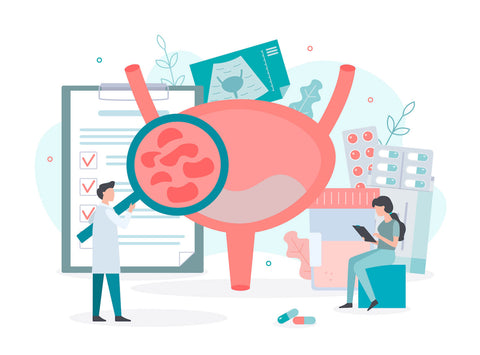



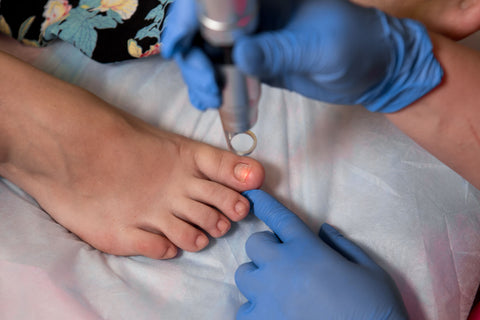
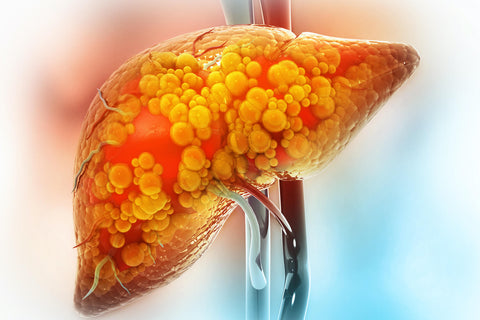





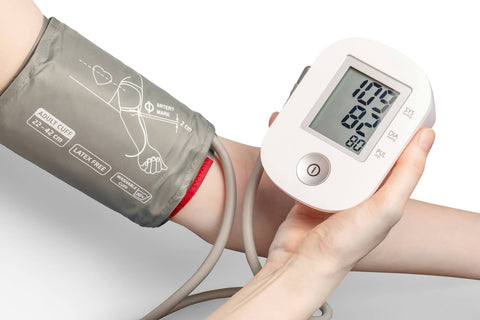

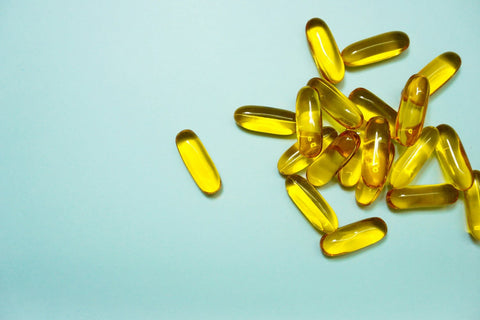
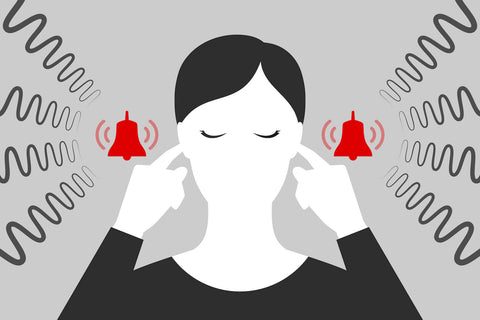


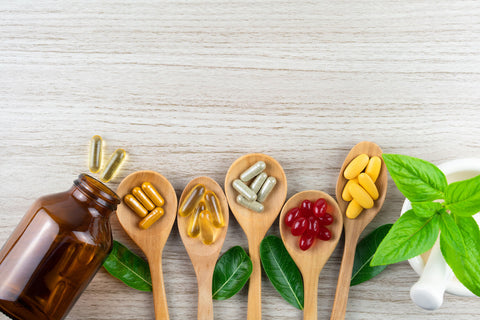
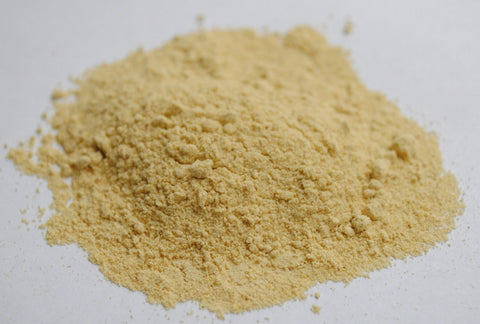
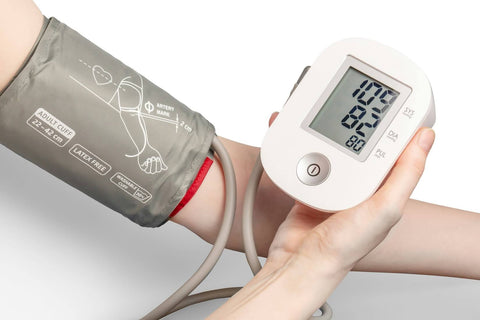
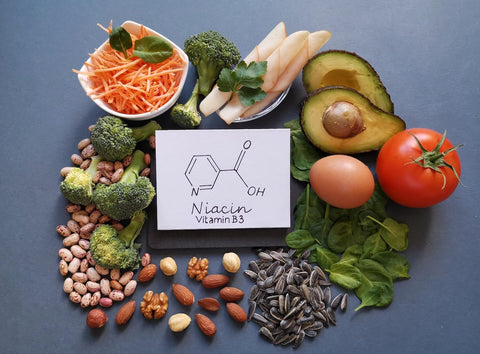




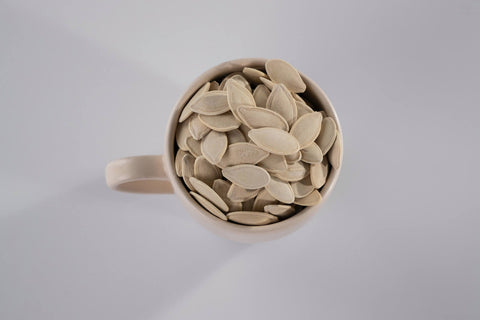




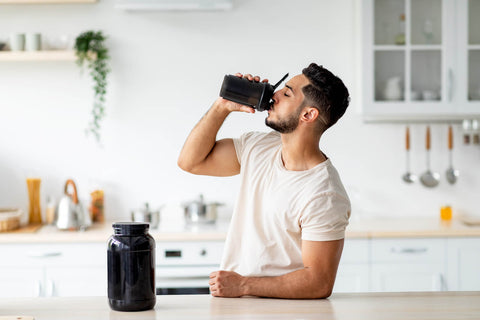


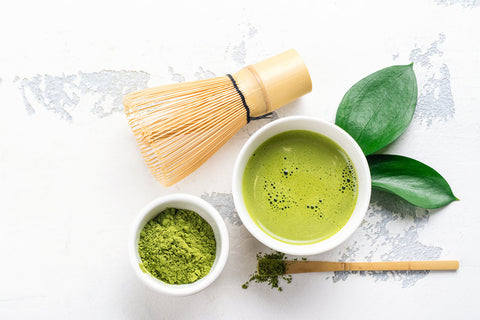










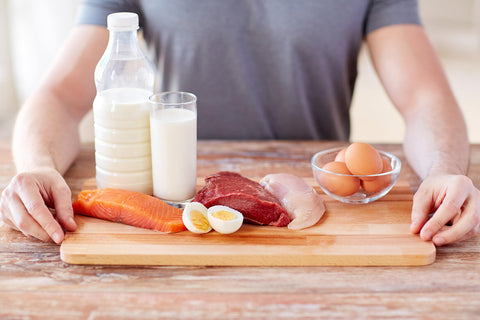



 1-800-822-5753
1-800-822-5753
